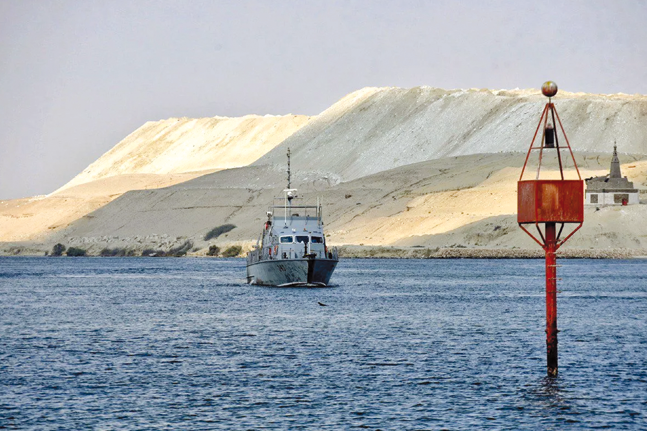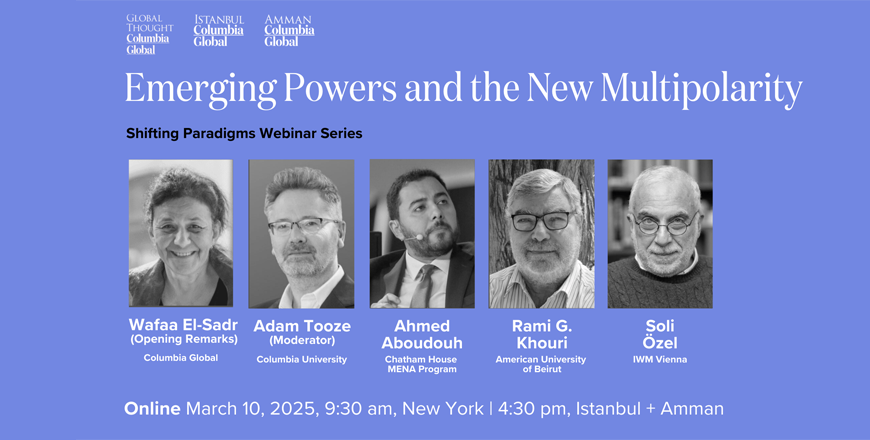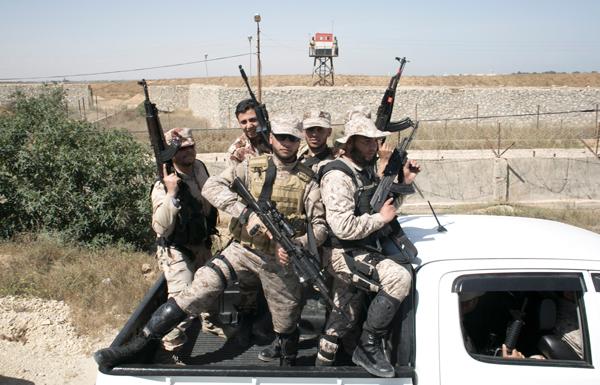You are here
Panel discusses global power shifts, Western imperialism, Gaza conflict
By Saeb Rawashdeh - Apr 22,2025 - Last updated at Apr 23,2025

An Egyptian navy in the Suez Canal on March 30, 2021 (AFP photo)
AMMAN — After the collapse of the Eastern Bloc in 1989, the turbulent 1990s and the even more turbulent 21st century, new geopolitical centers and their orbits are taking shape.
Both Democratic and Republican administrations continue the US policies of global engagement, but new poles of power have emerged during the past two decades.
The war in Ukraine has proved that Europe is not immune to all-out military conflicts, and after three years of carnage, it is still very difficult to predict the outcome.
One of the ongoing conflicts is in Gaza, where Israel, for the second year in a row, is attempting to remove the Palestinian population through military operations.
Gaza has become the epicenter of global resistance and opposition to the Western-dictated model of globalization.
"Israel has the right to defend itself and the US presumably supports it," said Rami Khouri, a fellow of the American University in Beirut and former editor-in-chief of The Jordan Times.
Khouri added that the conflict in Palestine has a history spanning decades. He noted that international support is directed towards Palestinian equal rights and the two-state solution.
A panel titled "Shifting Paradigms: Emerging Powers and the New Multipolarity" recently gathered regional and international experts specialized in globalization. The event was organized by the Columbia Global Centers in Istanbul and Amman.
Khouri maintains that the Palestinian struggle gains more international support because many nations in the Global South understan
Related Articles
AMMAN — The 21st century already entered the middle of the third decade and we can summarise what was going on and what would be some geopol
AMMAN — Deputising for HRH Prince Hassan, former minister Hala Latouf on Tuesday participated in the Jordan National Forum for Inclusive Soc
GAZA CITY, Palestinian Territories — As peace offerings go, prefabricated metal huts on a sand dune may seem unimpressive, but they are what













